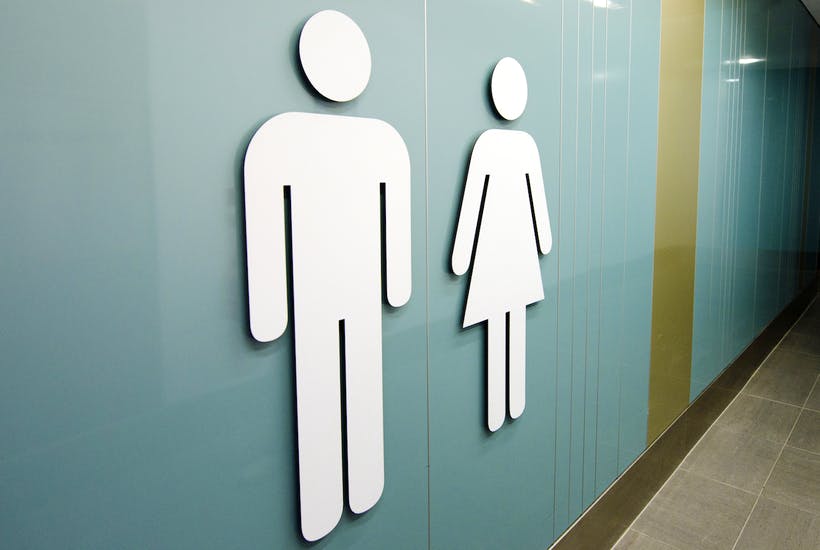Today’s centenary of some women being given the right to vote seems to have bewildered a number of people. My colleague Ross Clark, in particular, was perturbed by the Today programme turning into Woman’s Hour to mark the centenary, which he felt was inappropriate for a news programme, and also didn’t cover the fact that suffrage was also extended to 5.6 million working men. Instead, he writes, the programme turned the occasion ‘into a women’s fest’. Worse: almost every story involving men was about sexual assault.
There seems to be a curious reflex among some people to protest immediately when women are mentioned that no-one is talking about men. It’s almost as though, like Tinkerbell, men might disappear if issues that disproportionately affect women get any airtime longer than five minutes. I write a fair bit about domestic abuse, which affects far more women than it does men (though, of course, abuse also ruins the lives of children, as well as those of their mothers), and whenever I do, a smart Alec pops up to ask why no-one has written about the men who are affected. In one sense, it is a fair point, in that men can be victims of domestic abuse too, either from women or other men. But it is a strange mentality that pitches men and women against one another, rather than acknowledge that both sexes have problems. Oddly, whenever I ask these Alecs or Dereks or other smart characters what they are doing to help male victims of abuse, they tend to disappear. It’s almost as though those men only matter when a point needs to be scored against women.
Similarly, when I wrote a cover piece for the Spectator a few years ago about how boys are struggling at school, with their mental health, and with symptoms of physical illness, a number of feminists questioned my credentials, asking why I thought men deserved any attention at all. As it happens, the piece looked at toxic masculinity, which domestic abuse campaigners believe plays a significant part in a culture of abuse being passed off as in some way acceptable.
The reality is that more men do sexually abuse and assault women, which might be why they were being mentioned in a programme about women’s rights and whether we have moved all that far from women getting the vote, when two women a week are being killed by their current or ex partners. But the reality is also that suicide is the biggest killer of young men, and that men do get diagnosed with cancers much later than women. None of these realities mean that we need to get into a great women vs men tug of war about who isn’t getting mentioned in one piece or who is having a harder time. And nothing will be solved by people pouring all their effort into whataboutery as a means of avoiding engaging with any problem at all.







Comments